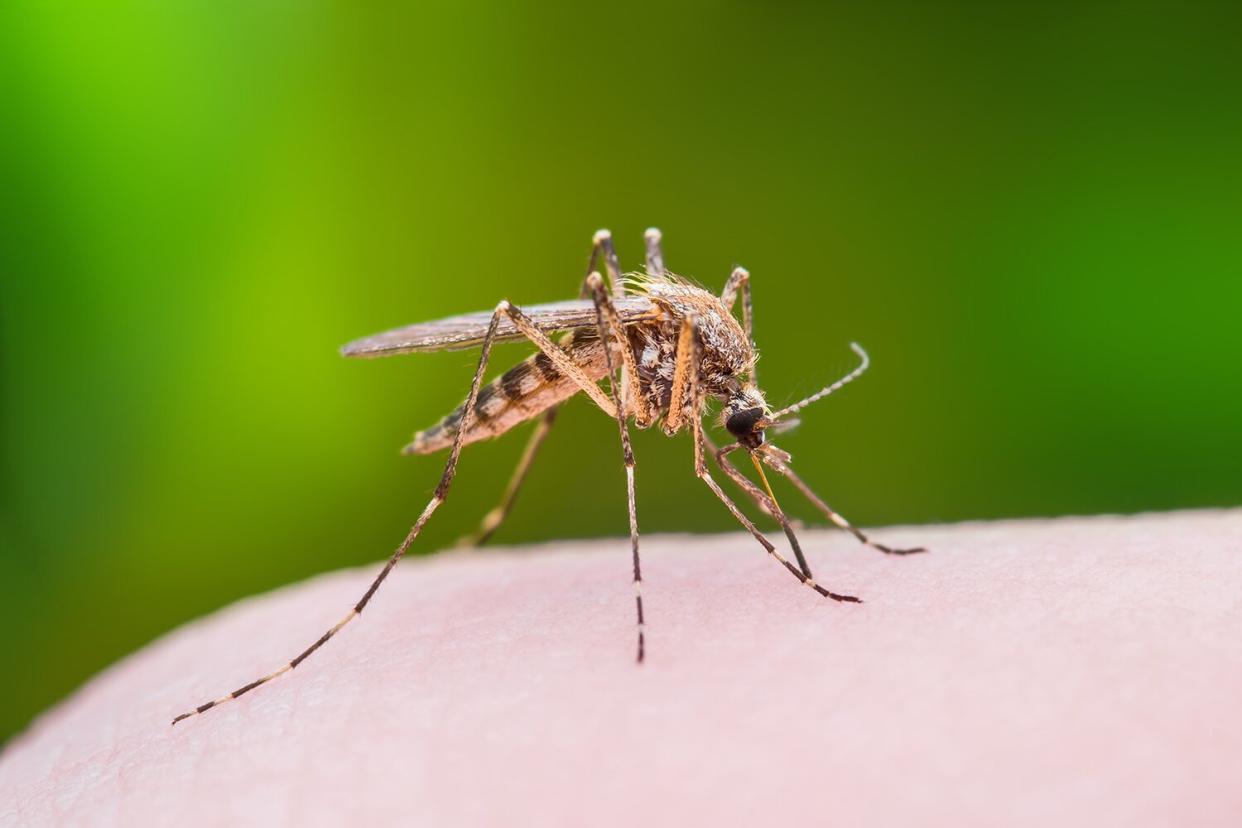Sick of Mosquitoes? Researchers Announce Groundbreaking Way to Make Humans Invisible to the Pests

Getty
Scientists are getting closer to achieving invisibility — from mosquitoes, that is.
Using a gene-editing tool called Crispr-Cas9, researchers have discovered a way to make humans virtually invisible in the eyes of Aedes aegypti mosquitoes, according to a new paper published in the journal Current Biology.
By eliminating two of the light-sensing receptors in the mosquitoes' eyes, scientists can hinder their ability to visually track hosts. Craig Montell, a neurobiologist at the University of California, Santa Barbara, and an author of the study told The New York Times that if female mosquitoes are unable to locate an appropriate host, they will fly straight to what seems to be the next closest target.
"They can also detect some of the organic cues from our skin," Montrell told the Times, citing heat, humidity and stench as the main culprits.
RELATED: At Least 13 States Detect Deadly Disease Carried by Mosquitoes
During the experiment, researchers would exhale carbon dioxide at the end of a wind tunnel they created for under $100 to see if certain groups of mosquitoes would successfully seek out the host. After testing two proteins they suspected to be in play, Montell and lead author Yinpeng Zhan eliminated them both from one set of test subjects to see if they would still have their ability to sense dark objects.
They didn't. And they weren't entirely blind either, according to further tests.
So, what would happen if humans were undetectable by this pest? Montell suggested the species' population "would crash" should females struggle to find the blood necessary for their eggs.
RELATED: Florida to Release Millions of Genetically Modified Mosquitoes Against Local Residents' Wishes
Each year, mosquitoes are responsible for infecting millions with deadly diseases such as dengue, Zika and West Nile virus. In fact, this experiment could help guide future strategies regarding mosquito control.
"The better we understand how they sense the human, the better we can control the mosquito in an eco-friendly manner," Zhan told the Times.
In 1937, scientists discovered that this specific species of mosquito was particularly attracted to darker-colored clothes. Experts have urged the general public for decades to avoid wearing such garments while outdoor activities in the evening during peak mosquito season around dusk and dawn.

